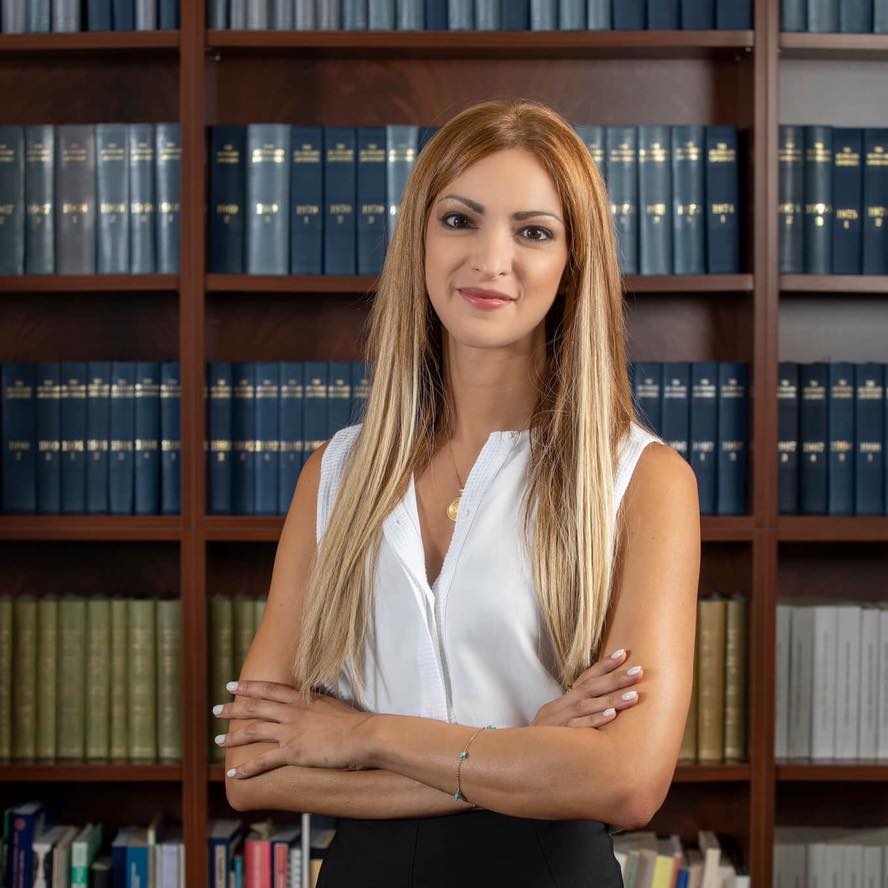In the US, it’s Trump and the Federal Reserve, in Cyprus it’s the Supreme Court and a judge
I have often written in these pages about the importance of independent institutions as a way to promote good governance in a country and the key role they have played throughout history for the development and growth of a country.
US President Donald Trump is not one who espouses this view. He considers independent institutions an impediment to achieving his agenda, which by definition is the holy grail and must be realised at all costs. While one must admire his effectiveness in bending matters to his will, whether by legitimate or not so legitimate means, the short-term successes of his actions also mask the long-term outcomes of his policies which will at one point come home to roost.
His latest success is the passing of the so-called “One Big Beautiful Bill”, which will, by most economists’ estimates, penalise people who are not well off for the benefit of the ultra-wealthy, while adding some trillion dollars to the government debt. The bill is the reason that Elon Musk had a falling out with the president, with the former recently saying he would fund campaigns against Republican legislators who supported the bill, and the president responding that he could possibly deport Elon back to South Africa.
President Trump knows very well that his bill would expand the budget deficit which is why he has led a campaign against the US Federal Reserve (Fed) chairman Jerome Powell – calling him a “fool,” a “numbskull” and a “stupid person” – asking him to lower interest rates as this is the only way to make significant savings in the budget. In the process he ignores the fact that the Fed’s independence was specifically given to prevent the government from setting interest rates to balance its books and ignore other macroeconomic repercussions of its policies such as inflation. Trump is constantly undermining Powell whose term as chairman expires in May 2026, by saying that he will only appoint a new Fed chair who will specifically pledge on reducing interest rates.
This is a prime example of how independent institutions are pressured to conform to policies that are dictated by others. In Cyprus we have in the past week, been witnesses to an allegedly similar disregard for the independence of judges, even though the one who exercises the pressure is not that of the executive branch but of judges higher up the chain. The case of Doria Varoshiotou has made headlines this past week due to her non-confirmation to permanent status as a judge, by the Supreme Court which is the body responsible for making the confirmation. She was not given even an extra six-month probation period as was the case with three other judges.
Non-confirmation of a person who is on probation for any position is a very rare event, and even more so when the position is that of a judge. It requires, at least in principle – even though most employment letters suggest that termination can be for any reason – a gathering of evidence to suggest that the person is not of good moral character or that he/she does not possess the necessary skills to perform in that position. Disagreement with the decisions the judge in question has made is not a criterion for the confirmation, as the proper challenge of a judge’s decision is through the appeal process.
Doria Varoshiotou, has become headline news with her decision to go against the attorney-general’s attempts to leave open the inquest into Thanasis Nicolaou rather than point to the murder. The decision was against the more than 20 years narrative of the attorney-general’s office and a vindication for the long-suffering mother of Thanasis, who had fought valiantly to clear her son’s name of suicide all these years. She also gained notoriety when she refused to change her verdict in two unrelated accidental death cases when asked by the Limassol District Court judge.
The Supreme Court will no doubt try to justify its decision to terminate Varoshiotou on the fact that Varoshiotou was criticised in the appeal of the Thanasis case for not accepting the testimony of the former state pathologist Panikos Stavrianos, even though her decision not to allow his testimony was upheld.
The Supreme Court is playing a dangerous game here. While pandering to public opinion should never be a criterion for determining court decisions, indeed judges should be independent in making their decisions and not be influenced by either public or influential private opinion, it cannot leave questions about its independence hanging in the air.
For this, the rationale for their decision should be made public, not least as this will be made necessary by any appeal that Varoshiotou will make. Judges too often are seen to skillfully manage the law to fit their own ends rather than view the law as a tool to administer justice. They are after all supreme lawyers. In doing so, however, they endanger their own credibility at being truly independent and harm the status of the Supreme Court to play the role that it should in a well-governed society. It is not enough to be independent but also to be seen to be so.






Click here to change your cookie preferences